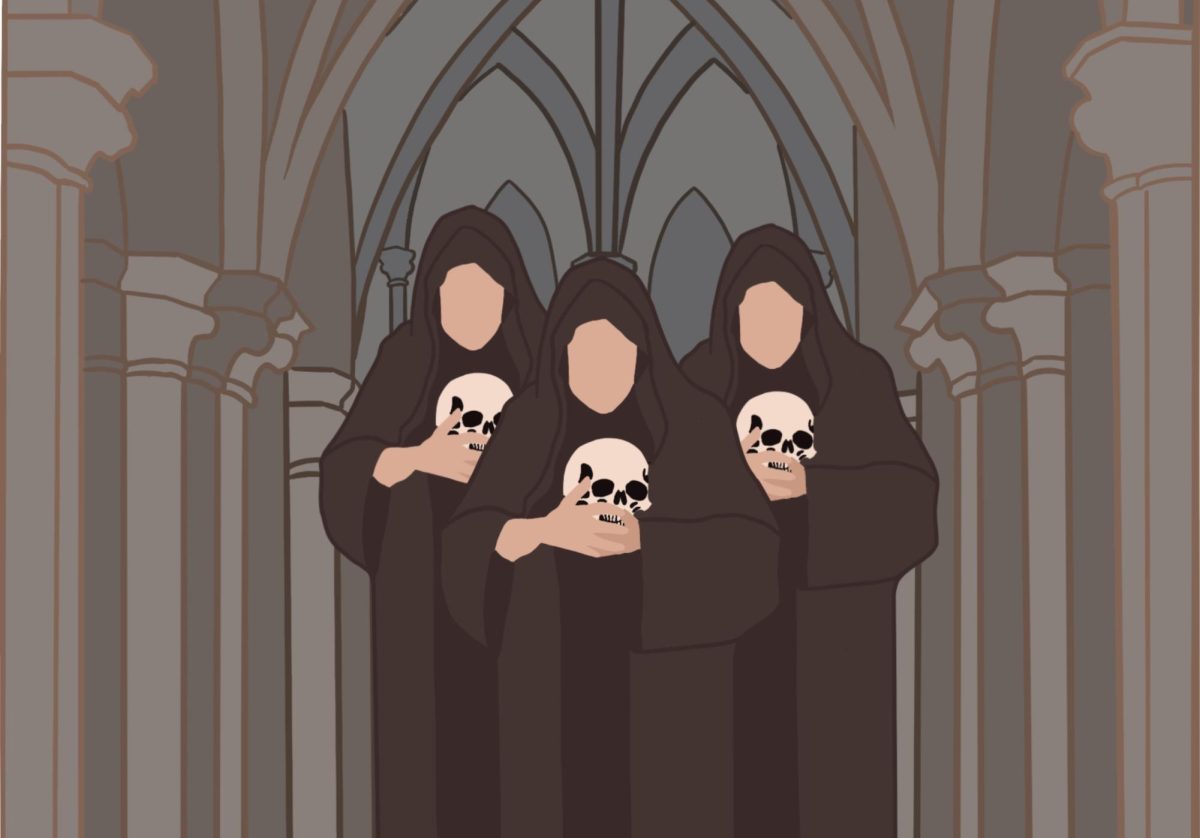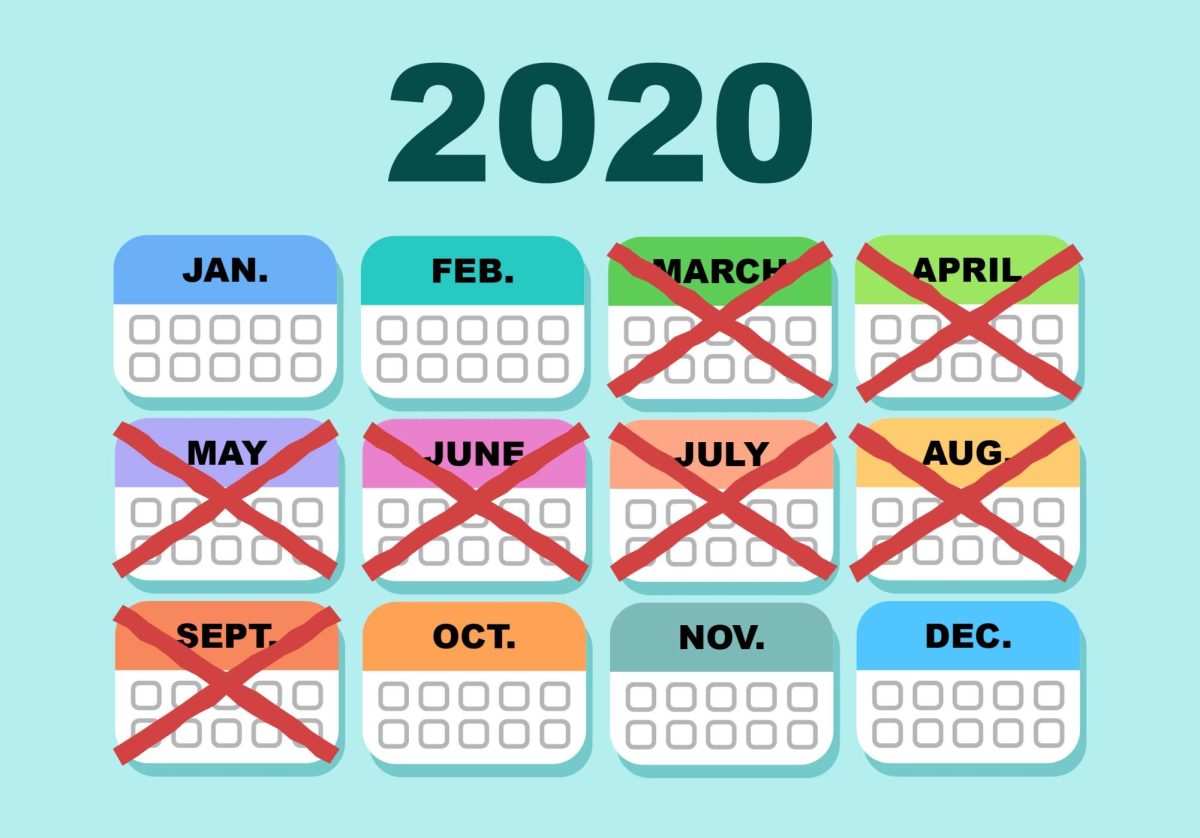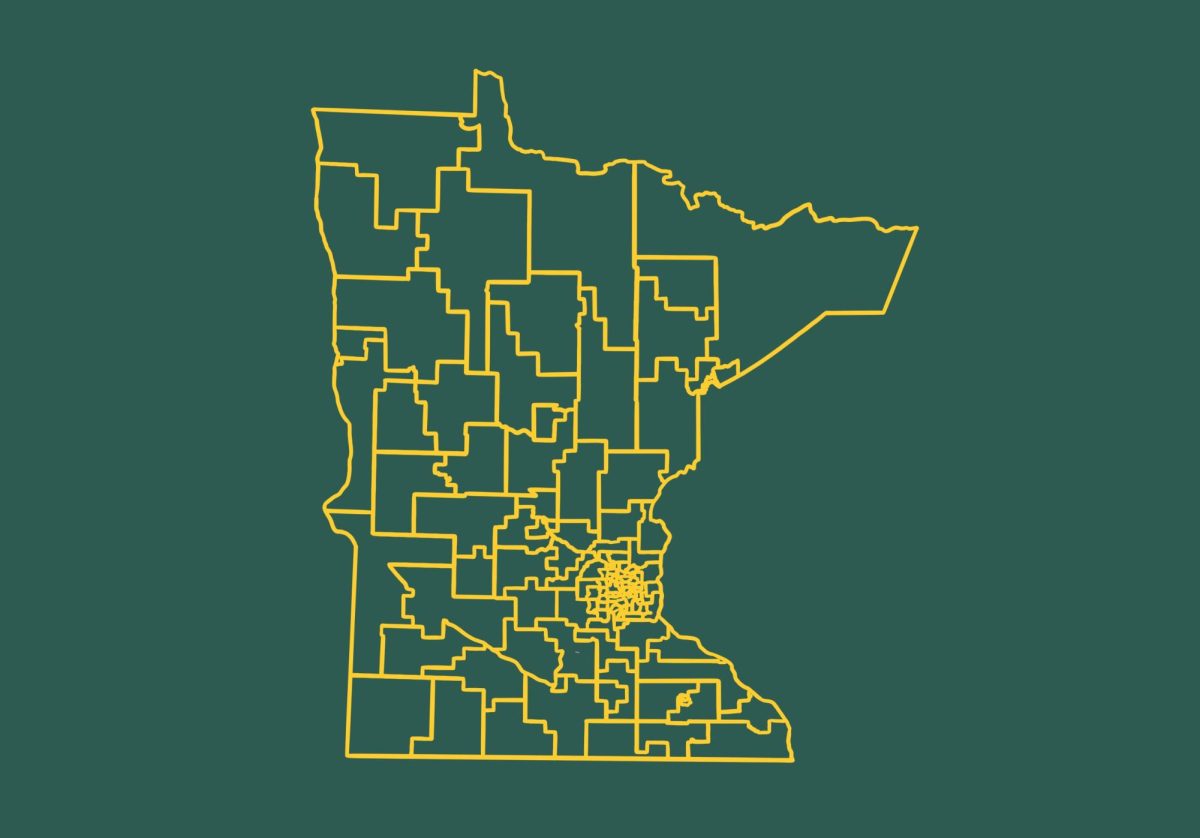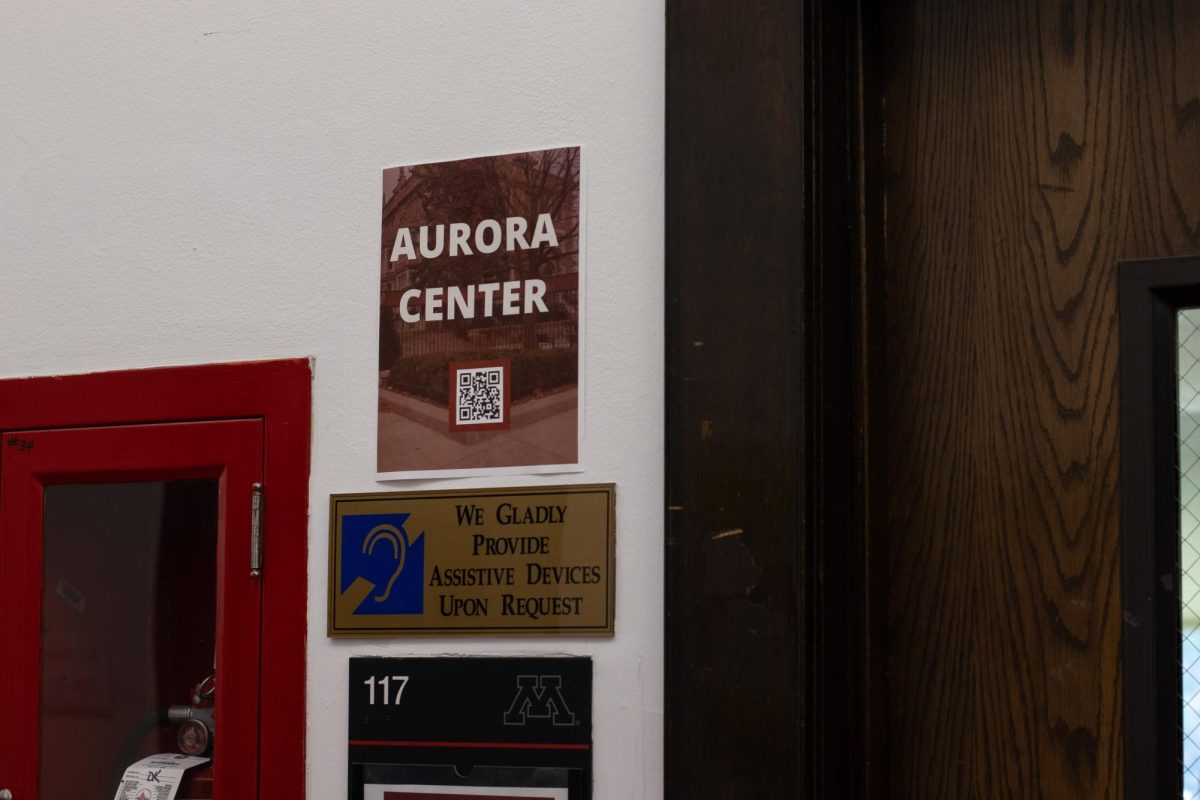After the Gophers won the NCAA hockey championship, the riots began. There was celebrating, vandalizing, fire-setting and car- tipping. The riot gear was deployed. But in the days since that chaotic evening, I have been surprised by the lack of public discourse regarding the event.
The University has offered little public condemnation of those violent and destructive individuals. A black-and-white mentality has emerged, placing police officers in the right and students in the wrong. And as I reflect on what I witnessed that evening, I am shocked by the lack of discussion regarding what I saw – police officers, many times, going too far.
It’s a difficult case to make. Claiming that police used excessive force or questionable tactics is not an easy position to take when one only needs to point to the torched cars, bonfires and destroyed streetlights to show what police were up against.
Or were they?
There were a few violent individuals that Saturday night, it’s true, but there were also hundreds of students roaming Dinkytown in hopes of taking in the sights and sounds. I was one of them. I must admit, I found the entire ordeal fascinating. What surprised me was that most people were just like me – watching, passively, at a distance. Very few were involved in the vandalism or the destruction. The lack of arrests to this point, I believe, proves my point. The cops really had no one to chase.
Their main focus was crowd control; lots of people on the street had to be moved away. And, reflecting on the evening, I think I know the easiest way to move that herd: March toward them. Every single time an officer would advance on the crowd, the students would run. These were not fighters, but observers, and none of us had any interest in engaging a cop in riot gear.
As the evening progressed, I started to witness the arrogant, “don’t mess with me” attitude of the police, which included the random use of mace and tear gas, senseless beatings of observers, cops chasing down innocent bystanders and their hostile exchanges with students who dared to ask the innocent question, “Which way can we go to get around all of this?”
There is a tendency in this country to revere authorities. I don’t necessarily think of this as a bad thing. Police officers, the president, fire fighters – we have been taught time and time again to obey without question and that, due to their public service, these individuals are to be thought of as everyday heroes.
What I saw the night of the riots was not heroic. What I saw was aggression and hostility against those who did not deserve it and officers who seemed eager to pounce.
It is one thing for police to react to a direct threat, such as students charging at them, throwing things at them, threatening violence against them or destroying private property. But standing on a lawn? Someone please help me understand why, at 12:30 a.m., a group of about 20 suited officers began macing everyone in sight outside apartments on Fifth Avenue Southeast. Why did they spray people sitting on their porches?
What did that accomplish? Nothing. It is excessive force against those doing nothing.
When a bottle was thrown at an officer, they would typically chase down the individual quickly, often beat them a couple times with their sticks to prove their point, and then either cite the student or arrest them. Seems perfectly appropriate to me.
But then let’s take another moment: After the crowd had dispersed from 14th Avenue Southeast and Fourth Street Southeast, where the first big bonfire began, the cops decided to push forward, spraying noxious agents at will. First, I contend there was no reason to push forward. The crowd had already fled. Second, why was this mace and tear gas not reserved as a last resort? Why does it seem to be the first instinct for these officers, who are not being directly threatened, to spray these agents at everyone in sight?
I witnessed something else disturbing during this timeframe too. A friend of mine went out of the restaurant we were in to see what was happening. He went to the curb of the street and looked at the intersection just as a police officer approached him. Without any verbal exchange, the officer jabbed my friend twice aggressively in the ribs with his stick. My friend, shocked at what had just happened, pulled his arms to his side and tried to shield himself from the attack. But this clearly defensive gesture went ignored as the officer struck him three more times, resulting in welts and bruises.
Was my friend a hooligan, as most conservative, narrow-minded critics would claim? What had he done? Failed to move quickly enough?
I know many would say, yes, exactly. This was a riot situation and it is the officer’s prerogative to act aggressively. If your friend put himself in that situation, he assumes the risk associated with the surrounding events.
OK, I concede those facts. But I have one provision I would like to add to that belief structure: Physical violence should be the last resort. If someone is lighting a fire, then advance on them. If someone is attacking a police officer, then they deserve the harshest possible repercussions. But why the random sprays of passive crowds? Why shoot rubber bullets at the backs of students walking away from the incident? Why beat people who are not taking aggressive action and are not adopting threatening postures?
Last year, the police responded excessively in many cases, most notably attacking the media who were there to capture the truth of what was happening. This year, I would contend the police not only had a lack of forethought in preparing for what would occur, but then made up for that shortcoming with excessive and, at times, abusive force.
A friend has argued with me that in any other country, these rioters would have been arrested, shot or worse. Well, all I can say is thank God I’m an American. I love the fact that we live in a country where we are innocent until proven guilty and where freedom of expression is one of our most ingrained rights.
Rioters deserve what is coming to them. Those engaging in hostile or destructive acts are violators of the law. But those innocent people watching or out celebrating, did not deserve the treatment they received. I did nothing to warrant being sprayed three times in one evening. My friend did nothing to warrant the injuries he received.
While it is politically correct and appropriate to criticize the rioters who made a mess of Dinkytown, it is also our duty to evaluate the actions of the supposed “protectors” who interacted with students that night. I saw what I deem to be excessive force. And I think many others feel the same way I do.
In either case, it is a discussion worth having before next year’s three-peat.
Steve Snyder’s biweekly column appears alternate Wednesday.
Send letters to the editor to letters@mndaily.com







